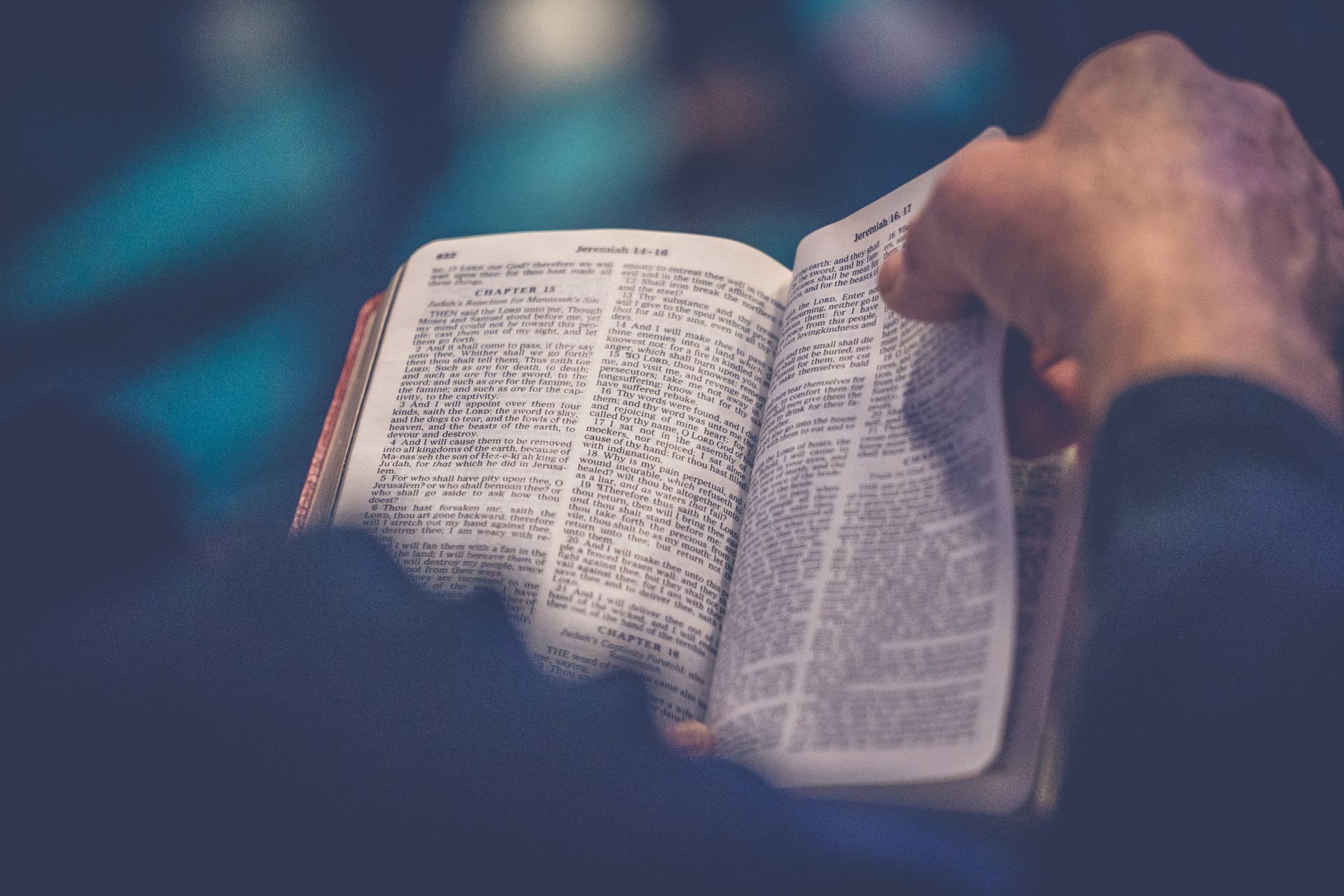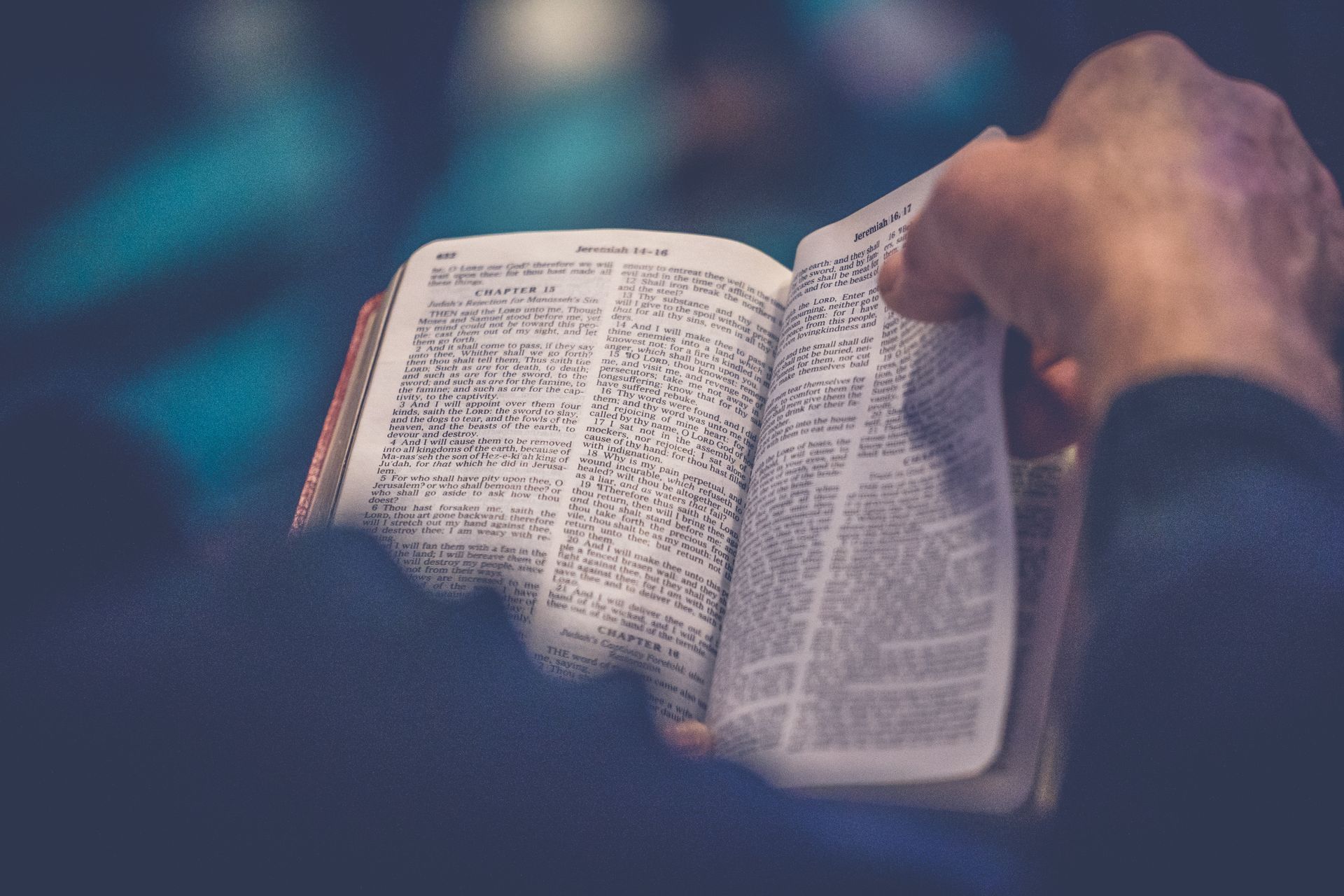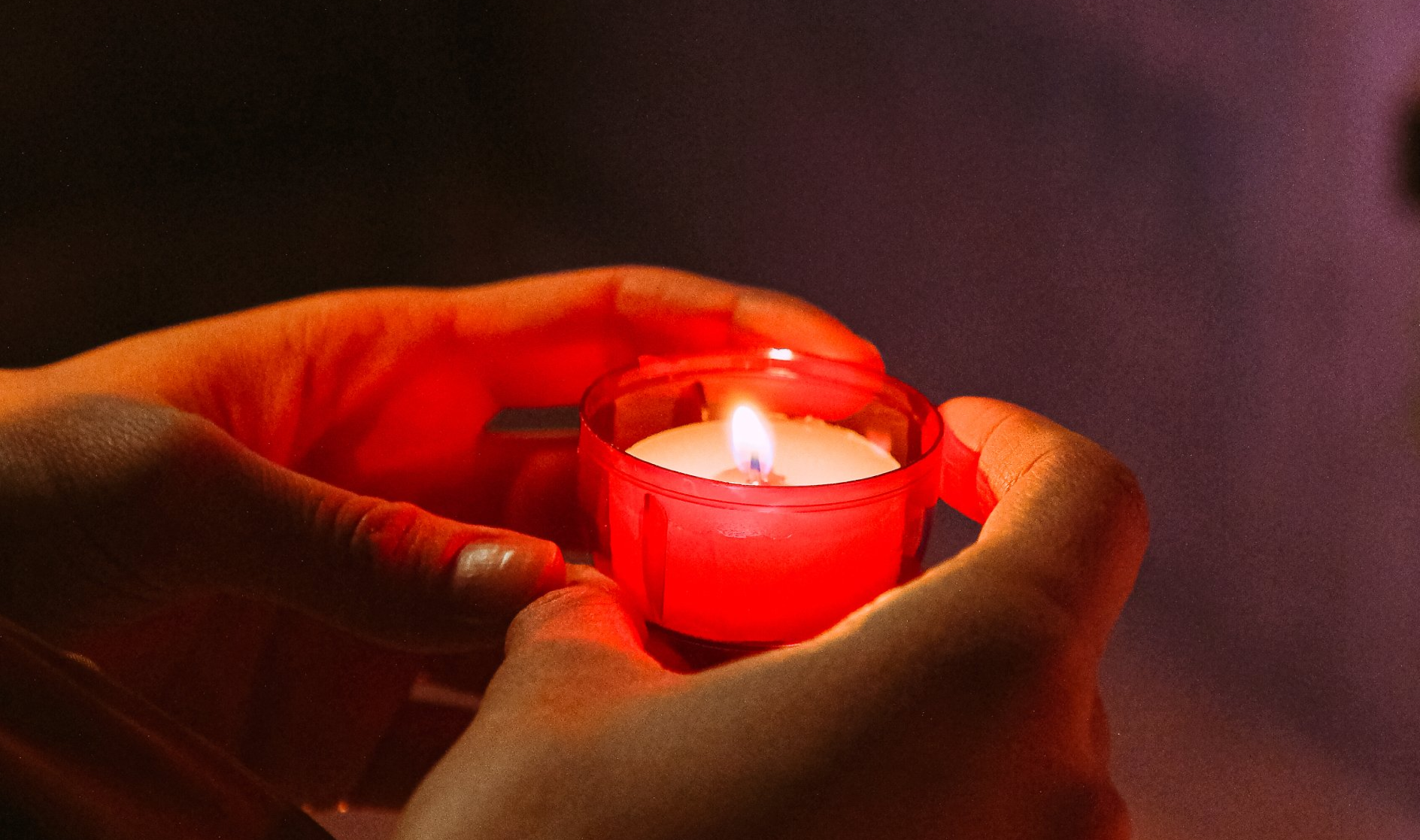Monday - May 22, 2023
SCRIPTURE
I Peter 3:8-11
Finally, all of you, be like-minded, be sympathetic, love one another, be compassionate and humble. Do not repay evil with evil or insult with insult. On the contrary, repay evil with blessing, because to this you were called so that you may inherit a blessing. For, “Whoever would love life and see good days must keep their tongue from evil and their lips from deceitful speech. They must turn from evil and do good; they must seek peace and pursue it.”
WORDS OF HOPE
Perhaps like many of you, I am a fan of the television series Ted Lasso. It combines positivity, humor, philosophy, pop culture and soccer (of which, I am an ardent fan). I am drawn to the gentle, loving nature of a character named Sam Obisanya, a Nigerian-born soccer player, restauranteur, and social activist.
In a particular poignant scene, Sam discovers his restaurant has been ransacked by racists who are angry about an activist tweet Sam wrote. When he shows up for practice, he comes barging into the locker room, his heart full of anger and revenge. It’s at this moment that his father, arriving from Nigeria to visit him, enters the scene. In the following conversation, his father Ola consoles him and then says this: Don’t fight back, fight forward.
How easily is it for us to seek the natural human instinct of revenge? When politicians espouse hateful and ignorant ideas that further marginalize those already hurt. When young people accidentally knock on the wrong door or get in the wrong car and get hit by bullets. When a person of color is accosted by police without provocation. Transphobia, racism, violence, ignorance, intolerance, and bigotry test our ability of giving into the darkness of hopelessness and resisting fighting back.
In his book Dancing in the Darkness: Spiritual Lessons for Thriving in Turbulent Times by the Rev. Dr. Otis Moss III, Pastor Moss writes this:
We must acknowledge what has been done, remember it, and refuse to accept it either this time or in the future… We must learn to grieve prophetically, seeking our world, even at its darkest, with the spirit and energy of the prophets of the Hebrew Bible… we weep sometimes, yes, but without giving into cynicism, hatred, and violence. We mourn as we work for change.
I rather like the idea of prophetically grieving. It’s the notion that we see the challenges in front of us and decide to be energized by those challenges, even if they make us weep for the moment. Because of and in the midst of mourning, we work for change.
Jesus says these words in the Sermon on the Mount. Peter says these words in his letter addressed to the persecuted Christians in Asia Minor. Rev. Moss says this in his book. And Ola Obisanya says this to his son Sam: Don’t fight back. Fight forward. Don’t give into cynicism, hatred, and violence. Acknowledge your anger, then repay evil with blessing.
PRAYER
It is so easy, loving God, to fall into despair and anger. Give us a prophet’s grief. The kind of lament that spurs us on to making change for the better. We pray this in the name of he who went to the cross and changed the world with love. Amen.
DEVOTION AUTHOR
Thomas Riggs
Need Some Inspiration? Read our Daily Devotions






